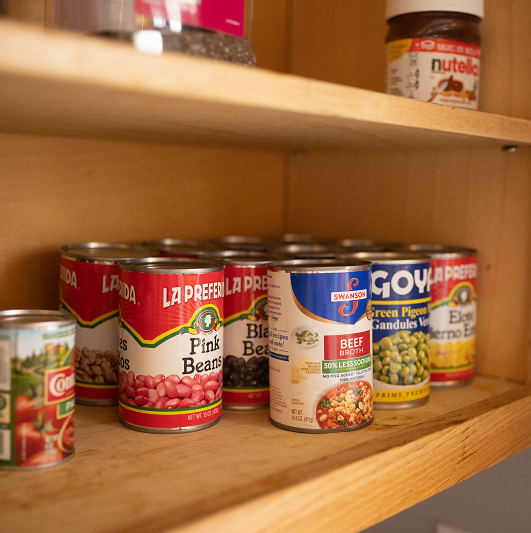

We know that too much sugar can contribute to obesity, which can lead to a variety of health issues, but can too much sugar also cause inflammation? Tricia Scott-Sahler, MS, a registered dietitian at the John Theurer Cancer Center at Hackensack University Medical Center, weighs in.
What is Inflammation?
Inflammation is a defense mechanism of the body that jumpstarts the healing process when the immune system recognizes something harmful. There are two types of inflammation:
- Acute Inflammation: This is the type of inflammation you experience when you have a cold or the flu. “Acute inflammation is technically good; it means your body is working to heal itself,” Tricia says.
- Chronic Inflammation: This type of inflammation is long-term, lasting months or even years, and can generally increase the risk of disease or injury. Chronic inflammation is problematic, and excess sugar consumption may be a contributing factor.
Does Sugar Cause Inflammation?
“Currently, there is no research showing that sugar directly causes inflammation,” Tricia says. “However, there are a couple of theories about how sugar may be contributing to inflammation in the body.”
One thought is when you consume excess calories from foods (such as sugar), your body stores it as fat in your adipose tissue—what we generally call “body fat.” It’s possible that the free fatty acids generated in this creation process cause a chemical reaction that results in inflammation. This would be a more direct connection between sugar and inflammation.
The other idea is that excess sugar consumption leads to obesity, which has been linked to metaflammation, a metabolic inflammatory state that’s classified as low-grade chronic inflammation that affects adipose tissue and the liver, brain and pancreas. This theory implies that excess sugar indirectly causes inflammation.
Symptoms of Inflammation
While researchers are unsure if sugar causes inflammation directly or indirectly, Tricia says people can experience a wide range of symptoms, including:
- Body/joint pain
- Insomnia
- Chronic fatigue
- Depression
- Anxiety
- Frequent infections
- Weight gain
- GI issues, such as diarrhea or constipation
Anti-inflammatory Lifestyle
If you are experiencing inflammation, there are several measures you can take to relieve your symptoms. Tricia suggests:
- Eating a plant-forward, healthy fat diet, such as the Mediterranean diet.
- Reducing your sugar intake by avoiding sugary beverages.
- Reducing your saturated fat intake by avoiding highly processed foods.
- Increasing your Omega-3 intake with salmon or nuts.
- Achieving your daily fiber goal with green vegetables or whole-wheat grains.
- Exercising to help maintain a healthy weight.
Although there is not a proven link between sugar and inflammation, we know that excess sugar has long-term negative effects, and people who have low-to-moderate sugar intake have seen positive results. So no matter what, Tricia advises cutting back on sugar, eating a plant forward, healthy fat diet, and getting more exercise.
Next Steps & Resources
- To make an appointment with a GI specialist near you, call 800-822-8905 or visit our website.
- Learn more about Gastroenterology and Nutrition at Hackensack Meridian Health.
Find a doctor near me

Nutrition Label Red Flags: Avoiding Toxic Additives & Chemicals

Are Canned Foods Healthy?

How Your Diet Impacts Stroke Risk
